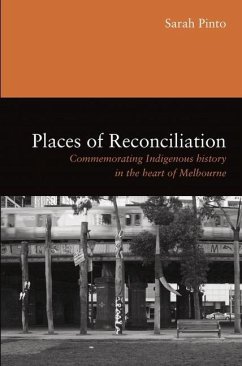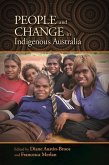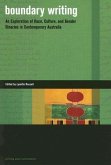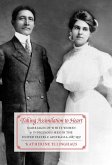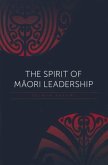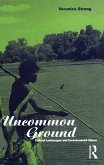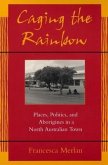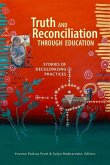The centre of Melbourne is filled with stories about the city's pasts. Like all of Australia's cities, it is a place that is dominated by markers of the settler-colonial past. Yet when it comes to its Indigenous pasts, the city is mostly a place of silence. Since the 1990s, however, Indigenous histories have been brought into central Melbourne's commemorative landscapes. Monuments, memorials, namings and artworks have all been used to mark the city's Indigenous pasts. These historical markers can be found in the everyday places of parks, roads, bridges and thoroughfares. Taken together, they are an incursion into the city's commemorative landscapes. Places of Reconciliation tells the story of the introduction of official commemorations of Indigenous peoples and histories into the heart of Melbourne since 2000. It explains how they came to be part of the city, and the ways in which they have challenged the erasure of its Indigenous histories. In telling this story, the book also examines the kind of places that have been made and unmade by these commemorations, and how we might understand them as public historical projects in the early decades of the twenty-first century.
Hinweis: Dieser Artikel kann nur an eine deutsche Lieferadresse ausgeliefert werden.
Hinweis: Dieser Artikel kann nur an eine deutsche Lieferadresse ausgeliefert werden.
